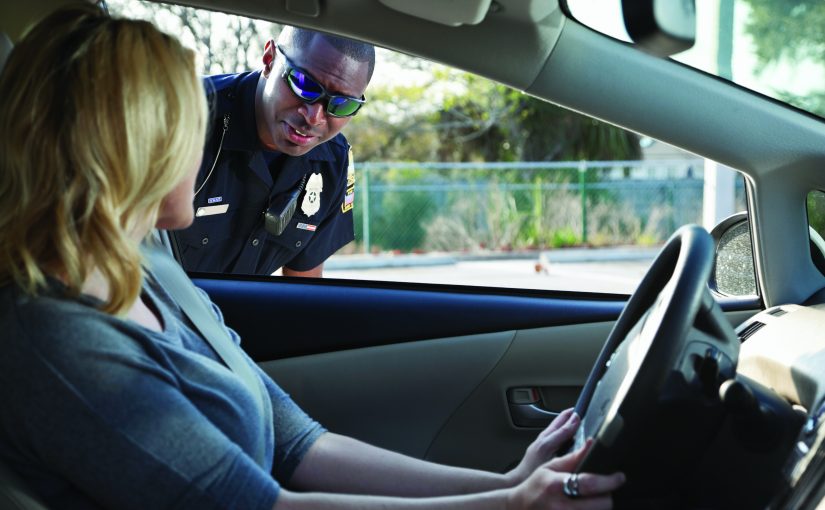The flashing lights pop colors through the back window of your car as you pull over to the shoulder. You might have been speeding a little. Oops. A moment later, a friendly member of the law enforcement community approaches your open car window. You have a gun on you because you legally conceal carry. It’s safely tucked away out of sight, but you’re nervous because the cop is standing right there. Now what?
First of all, relax. I know, I know. That’s a lot easier said than done. But take a breath. And read on.
Legal Requirements
Before we get into the nitty gritty of next steps, let’s discuss your legal rights and how they might vary depending on where you live. Full disclosure: I’m not an attorney, but I am a concealed carry instructor. Nothing here should be misconstrued as official legal advice. For that, I recommend seeking the help of a real attorney, not someone who plays one on TV. But I do have some helpful tips.
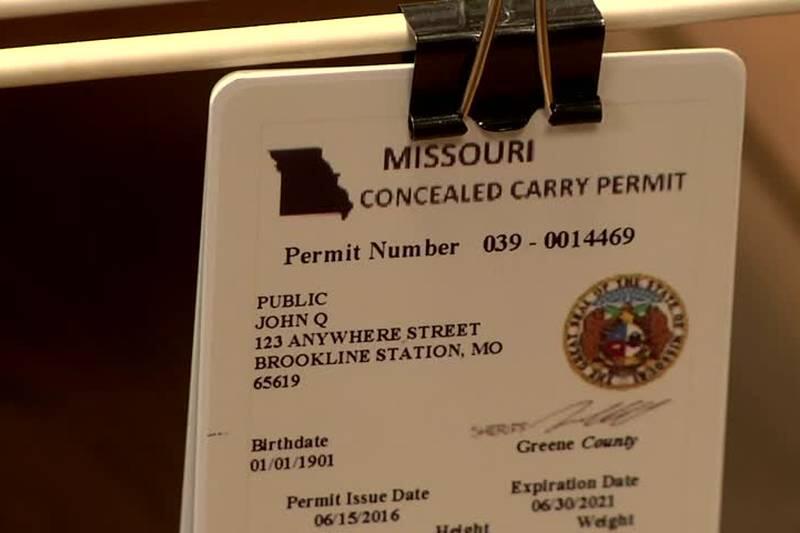
Like many other states, my home state of Missouri allows both permitless and permitted carry. Residents don’t need a concealed carry permit to conceal a gun on them, in their car, or in assorted other places. So long as you are allowed to own a gun under state and federal law, there is no crime in concealing it in your vehicle. Any interaction with law enforcement can be nerve-wracking, no matter how smoothly it goes. But rest assured, you have broken no laws so long as you are legally allowed to own a gun.
Also, like many other states, Missouri does not have a “duty to disclose,” meaning you don’t have to volunteer that you have a gun. However, you have to answer truthfully if the officer asks you directly. If you live in a state such as North Carolina, which does have a duty to disclose, then you have to inform the officer as soon as he walks up that you have a gun. In both cases, whether to disclose or not, most law enforcement won’t care that you have the gun on you so long as you don’t reach for it. Carrying a gun is not illegal, and they know that, so they will likely not make an issue out of it.
Insider information from law enforcement personnel I know: most officers couldn’t care less that you have a gun on you, so long as you’re cooperative and don’t reach for it.
What To Do Next?
If you live in an area where you do have to disclose the presence of your gun, you’ll need to be honest with the police and inform them. Typically, the conversation might start like this with your hands on the steering wheel: “Officer, I wanted to let you know I’m a legal concealed carrier. I have a firearm on me. How would you like to handle it?” Avoid using the word “gun” because it can be a trigger (pun intended) word. “Firearm” sounds less aggressive. Yes, it’s semantics, but it can make a difference.
The officer will usually respond one of two ways: either tell you it’s okay, just don’t reach for it, or they may ask you to step out of the vehicle so they can temporarily secure the firearm for their safety. Most officers will pick the first option. The second option may seem overly aggressive, but you should get your gun back at the end of the traffic stop. Whichever they ask you to do, your best bet is to cooperate and comply fully. The side of the road is not the place to get into an argument with law enforcement. You can talk about it later in court if they do anything wrong.
The other tip for the initial contact with law enforcement is to hand your concealed carry permit, if you have one, over to the officer along with your license, registration, and insurance card. This act tells the officer a couple of things without you saying a word:
- You’re not a convicted felon.
- You’re already cooperating because you volunteered this important piece of information.
- You’re likely not a threat.
Handing over the permit will often spawn the conversation mentioned above. An added benefit that I do not guarantee will happen to you but did happen to me is this level of honesty might get you out of a ticket. I got pulled over after rolling a stop sign in a residential area, but when I handed over my concealed carry permit, and we talked about my gun, the officer handed everything back to me and sent me on my way. Will that happen to you? I have no idea. But it did for me.
Parting Thought
Legally carrying a concealed gun for personal protection is a great idea but is also an awesome responsibility fraught with all sorts of potential legal pitfalls in certain jurisdictions. However, if you carry it legally, law enforcement interaction should be smooth and trouble-free. Study your local laws to know your state’s requirements if you get pulled over.
ABOUT THE AUTHOR:
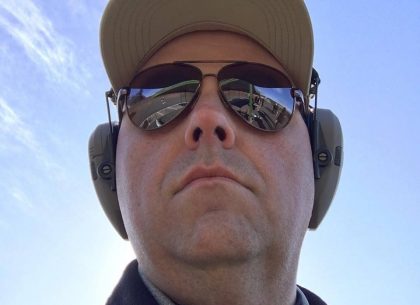
David Workman is an avid gun guy and a contributing writer to several major gun publications. As an NRA-certified instructor, David trains new shooters on basic handgun skills and CCW requirements and is a strong advocate for training as much as possible. “Real-life shootouts don’t happen at a box range.”
![]() You may also enjoy these popular articles:
You may also enjoy these popular articles:
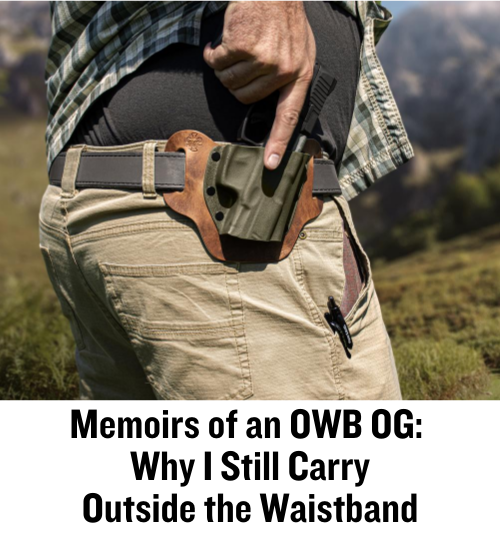
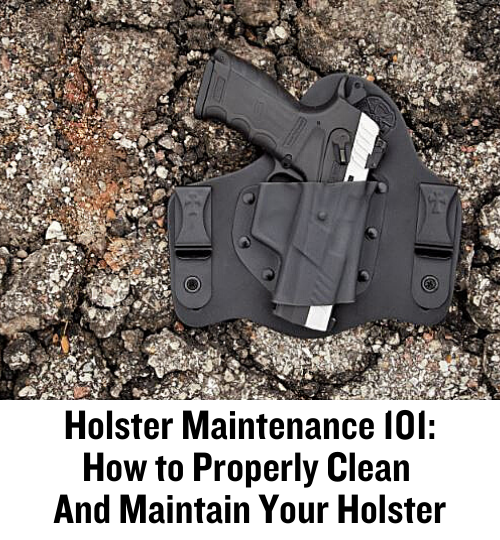
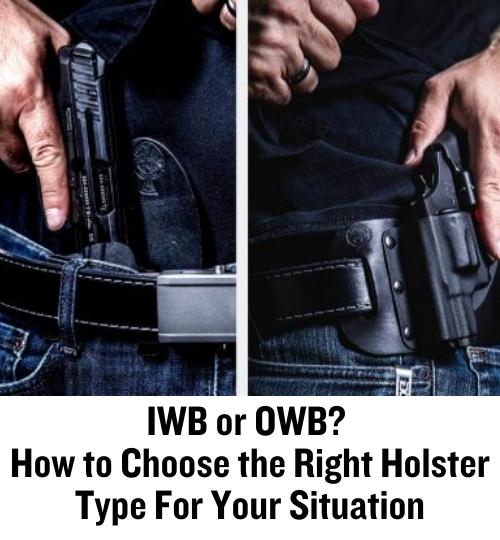
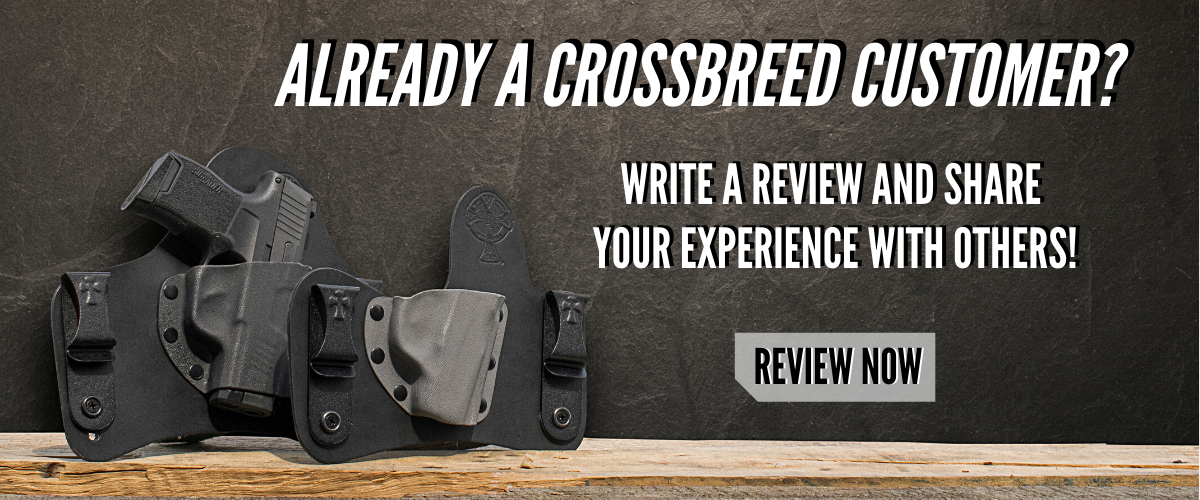
©MTC Holsters, LLC and CrossBreed Holsters Blog, 2024.
Unauthorized use and/or duplication of this material without express and written permission from this site’s author and/or owner is strictly prohibited. Excerpts and links may be used, provided that full and clear credit is given to David Workman and the CrossBreed Blog with appropriate and specific direction to the original content.

